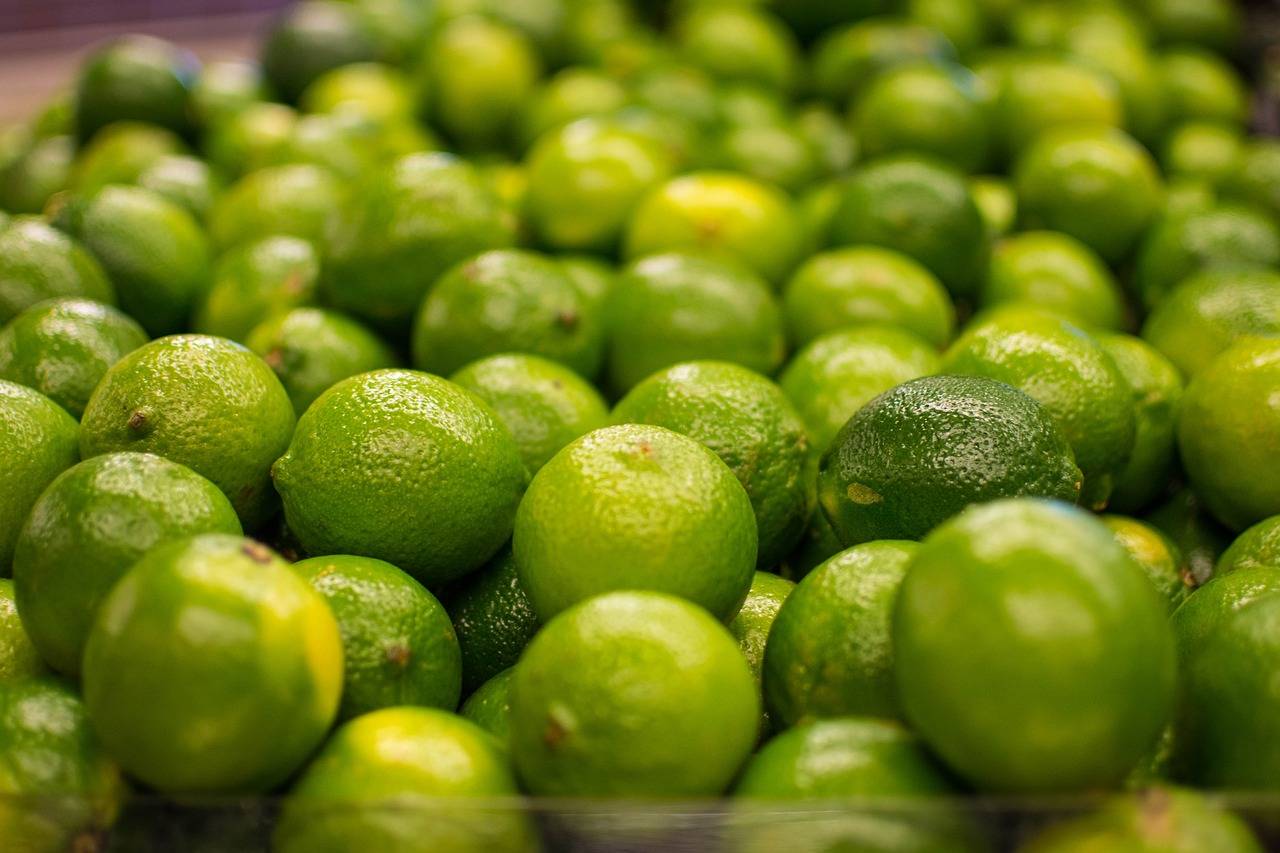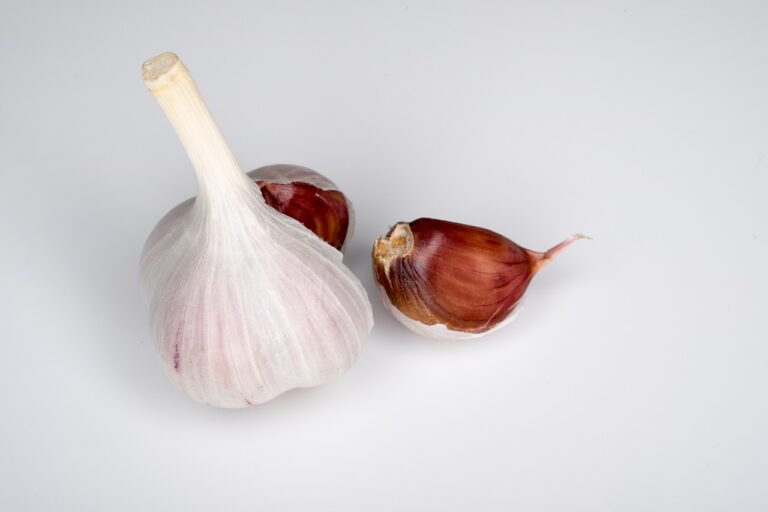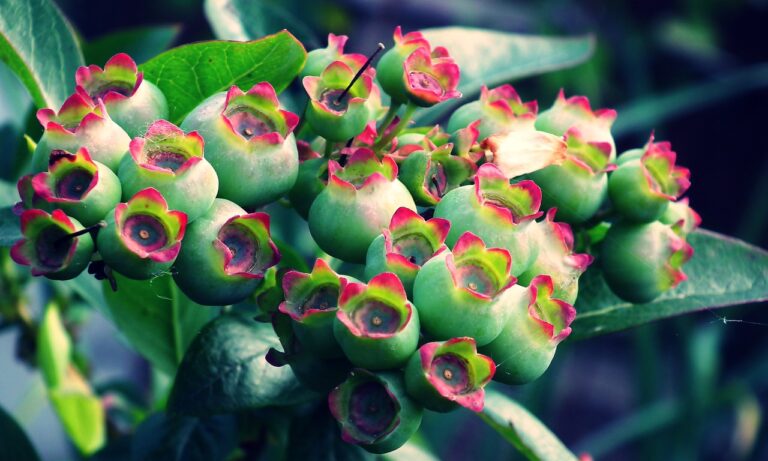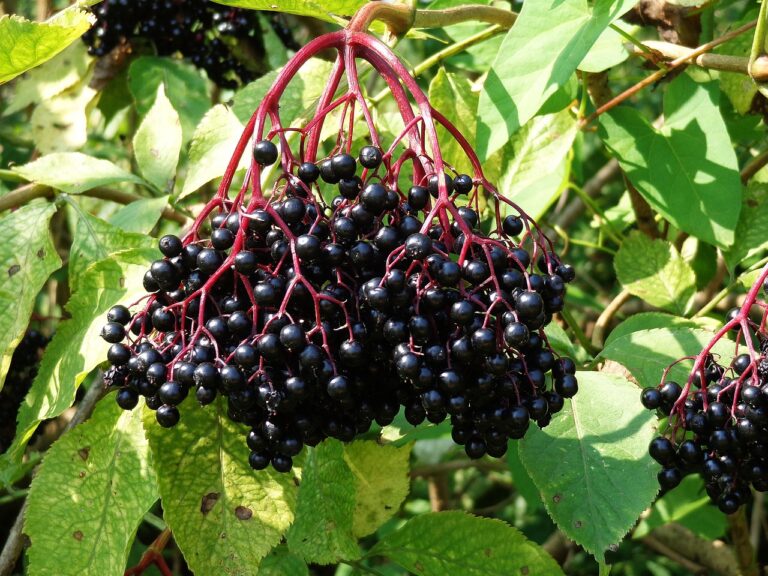Analyzing the Health Benefits of Kombucha
Kombucha is an ancient beverage that traces its origins back to Northeast China over 2,000 years ago. The precise details of its inception remain somewhat shrouded in mystery, but it is believed that the drink was prized for its purported health benefits and its refreshing taste. From its beginnings in China, kombucha gradually spread to other parts of the world, including Russia and Europe.
It wasn’t until the late 20th century that kombucha gained widespread popularity in the United States and other Western countries. Initially embraced by health-food enthusiasts, the drink’s reputation as a probiotic powerhouse and its tangy, effervescent flavor soon caught the attention of a broader audience. Today, kombucha can be found in a wide variety of flavors and is enjoyed by people seeking a tasty, alternative beverage that also offers potential health benefits.
The Ingredients in Kombucha
Kombucha is a fermented tea beverage that has gained popularity for its potential health benefits. The main ingredients required to make kombucha include black or green tea, sugar, a symbiotic culture of bacteria and yeast (SCOBY), and starter tea from a previous batch.
Black or green tea serves as the base for kombucha and provides essential nutrients for the fermentation process. The sugar acts as food for the SCOBY, allowing it to ferment and create the characteristic tangy flavor of kombucha. The SCOBY itself is a living culture of bacteria and yeast that initiates the fermentation process when combined with the tea and sugar. Additionally, the starter tea introduces acidity and helps to kickstart the fermentation process in each batch of kombucha.
What is the history of Kombucha?
Kombucha has been around for centuries, originating in Northeast China around 220 BCE. It was known as the “Tea of Immortality” and was believed to have various health benefits.
What are the main ingredients in Kombucha?
The main ingredients in Kombucha include tea (usually black or green), sugar, water, and a SCOBY (symbiotic culture of bacteria and yeast).
Why is sugar used in Kombucha?
Sugar is essential in the fermentation process of Kombucha. The SCOBY feeds on sugar to produce beneficial acids and probiotics.
Can Kombucha be made with different types of tea?
Yes, Kombucha can be made with different types of tea, such as black, green, white, or oolong tea. Each type of tea will produce a slightly different flavor profile.
Are there any variations in the ingredients used to make Kombucha?
Some variations of Kombucha may include adding fruits, herbs, or spices during the fermentation process to create unique flavors. However, the core ingredients remain the same.





